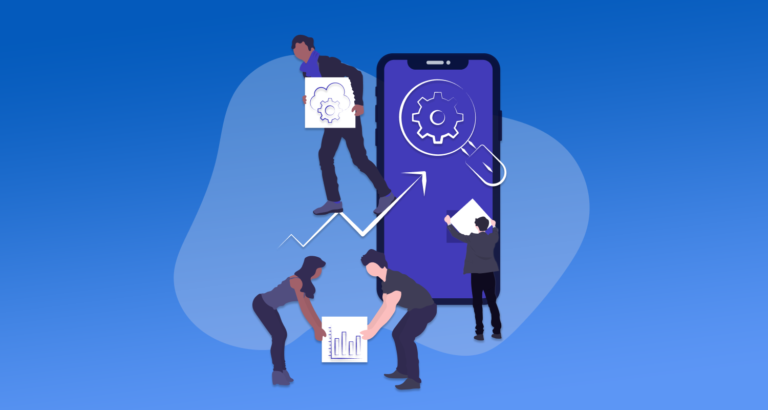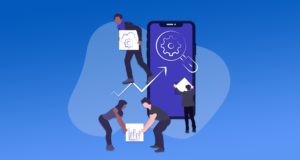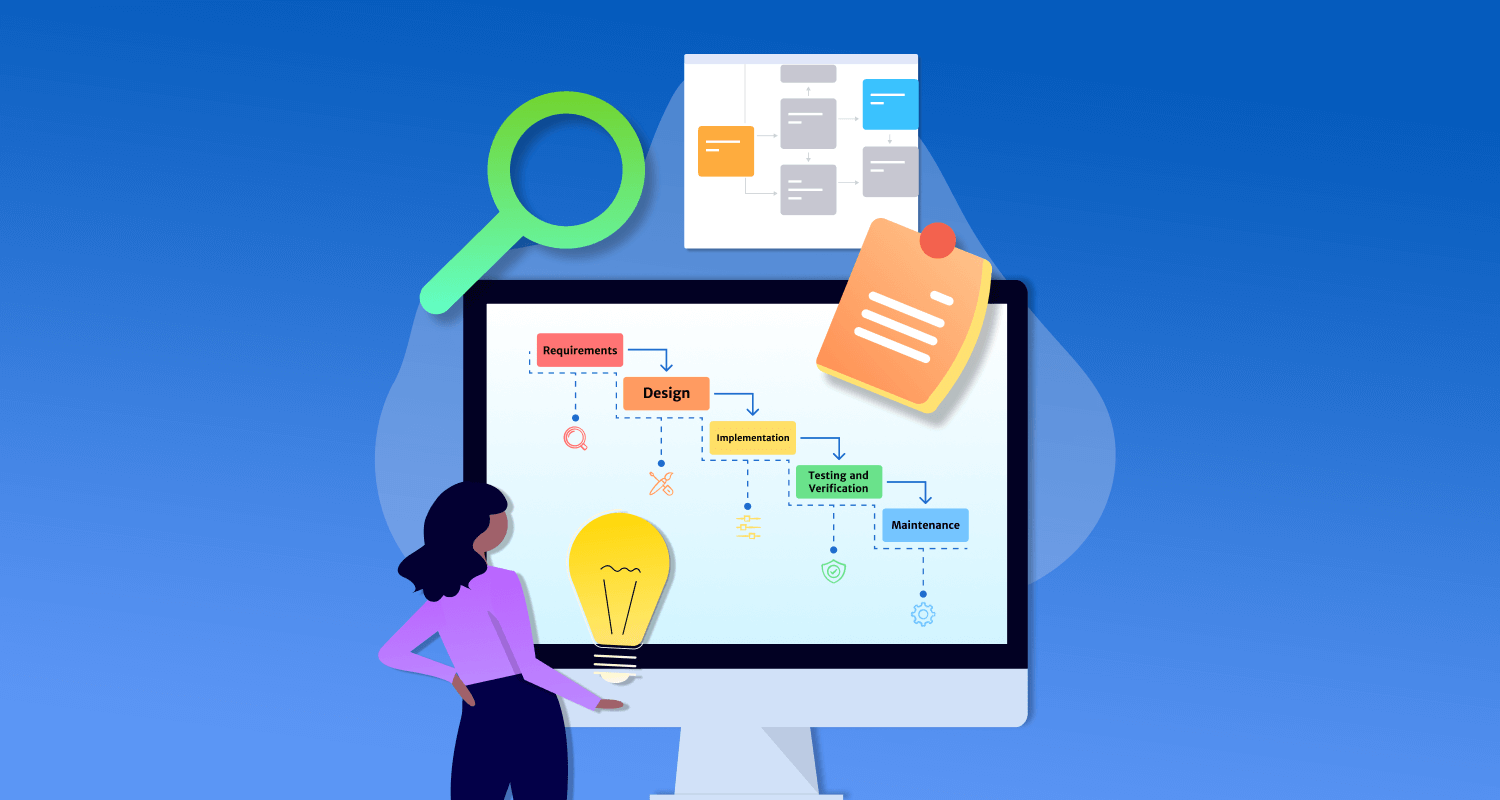Top Habits Every Consultant Should Develop



Isn’t it incredible that when we hear the word “habits” associated with success or effectiveness, we immediately think of Steven Covey and The 7 Habits of Highly Effective People? One book, written more than thirty years ago, has added new meaning to our vocabulary and shaped the way we think and behave. Or has it?
Perhaps I’m cynical, but people who have never read a word of Covey’s seem to be the authors of so many of the articles and books about the habits of successful people – or successful students, leaders, entrepreneurs, consultants, teams, financial advisors, and an endless list of others. They’ll give you one of his quotable quotes but apparently have not understood the principles he espoused.
Maybe this is because we have cheapened the notion of success? It has been equated with the number of followers you have on social media or the size of your paycheck. Or perhaps we believe that a listicle of behaviors will somehow translate into winning? Yet, genuinely successful people know that success is about meeting goals that are meaningful to them. It results from persistence, hard work, loyalty and integrity, quality, and learning from failures.
How does all of this apply to successful consultants? And does it matter?
In my view, an important lesson from Covey for consultants is that if you want to succeed with others, you must first succeed with yourself. There is a maturity requirement – moving from dependence to independence and interdependence and then on to self-renewal. Consultants need to acquire and apply habits at each stage.
From Dependence To Independence For Consultants
Dependence means that you need others to provide what you need. Others, then, are also to blame for any feelings of insecurity you may have or any deprivation you may experience. Independence means moving beyond this need to self-mastery and dependence on yourself.
It goes to the essence of what a habit is: The intersection of knowledge (what to do), skill (how to do), and desire (want to do). Habits, both good and bad, depend on your choices about what you want to learn and do.
The first three of Covey’s habits help you achieve independence and self-mastery.
Habit 1: Be proactive
Being proactive means taking responsibility for our responses to what happens to us. We are not the victims of our circumstances. We are where we are because of the decisions taken in the past and decisions we choose to take now.
So, for example, if you’ve chosen to be an independent consultant, it’s up to you to make it work.
Habit 2: Begin with the end in mind
Focus is an important habit of a successful consultant. Knowing what you want to achieve is essential for a consultant. This should go beyond the steps on your project plan to such goals as developing trust, empowering team members, and achieving positive outcomes for the client.
Hopefully, the outcome for you will be new business, either with this client or through referral. However, if you start with the goal of winning ongoing business, you may be distracted from the work for the current project. People can perceive you as a salesperson rather than someone to be trusted with the client’s goals.
Habit 3: First things first
A habit of successful people is to have their priorities right. This means that they schedule their days around the activities that will have the most positive and long-term results. This is not just about time management. It is about not being distracted by the unimportant.
Putting first things first will translate into some of the following habits for consultants:
- Establish clear boundaries and expectations for projects before you start. Don’t be caught up in “project creep” and “favors” for clients
- Set and stick to due dates and deadlines
- Build in time for contingencies and iterations
- Respect the client’s time. This includes being able to produce executive summaries and informative graphics
Interdependence For Successful Consultants
Interdependence is essential for leadership, teamwork, cooperation, and combining talents.
Habit 4: Think Win-Win.
This habit comes from a mentality of abundance rather than scarcity. It is a belief that there’s enough for everyone. Somebody else getting or achieving something is not taking away from me. For consultants, this means giving credit to others, extending trust to them, and empowering everyone. This grows the organization and the people. It does not diminish the consultant.
Habit 5: Seek first to understand, then to be understood
Habit 5 is perhaps one that sets effective and successful consultants apart from others. Understanding the client’s problem and what he wants as an outcome is an indispensable first step to establishing relationships and trust.
Unfortunately, too many consultants rush in with their stock-in-trade solutions, making the pitch before they have heard the question. This is the hammer looking for a nail approach. You may sell a few projects, but once clients find that they have bought what they don’t need, relationships will be difficult and ongoing work highly unlikely.
You’ve probably noticed the same problem in your personal relationships. As Covey says, “Most people do not listen with the intent to understand; they listen with the intent to reply.” A habit of a successful consultant is to give others what Covey calls “psychological air” and the feeling that they have been understood, even if you disagree with them.
Habit 6: Synergize
Synergizing is about combining the talents and inputs of everyone to achieve a result that you couldn’t have reached on your own.
This can be quite difficult for independent or freelance consultants who often must be jacks-of-all-trades, without the luxury of a big firm of consultants and experts to back them up.
However, you can get around it by harnessing the many skills in the client’s staff. You can also build up a strong network of other consultants to bounce ideas off and get advice. Online consulting platforms may offer the facility for you to bid for projects on your own or in collaboration with others. This is one of the major benefits for both freelancers and clients working through a site such as Consultport.
Continuous Improvement
Once you have achieved independence and interdependence, you must maintain them. Habit 7 is designed to achieve this.
Habit 7: Sharpen the saw.
Sharpening the saw is about renewal and self-renewal. For a consultant, this means flexibility, adaptability, and staying up to date. The philosopher Eric Hoffer warns that “Those who have stopped learning find themselves equipped for a world that no longer exists.”
Step one is to read and learn. For example, Amazon is selling the 30th Anniversary Edition of Steven Covey’s 7 Habits. It adds insights, updated examples, and stories written by his son, Sean. There’s also a “Snapshots” version of the original for a condensed read. Amazon’s “Customers also bought …” box directs us to the books of equally influential writers: John Maxwell, Dale Carnegie, Simon Sinek, Robert Kiyosaki.
You will also want to read some of the “How to” books for consulting and communication. (See here for some ideas.) However, it’s important to read broadly on various topics, including sport, current affairs, new technologies, and the like. There are lessons to be gleaned from all of them, and you are more likely to connect with a wide range of clients and potential clients as a result.
It might be necessary to consider formal education and certification routes for consulting, project, financial, or data management, or any one of the emerging technologies being applied in business.
Staying on top and staying ahead is essential for successful consultants.
Which Is The Most Important Habit For Consultant Success?
The most important habit for you is probably the one you are finding most difficult to implement right now. The 7 Habits encompass what you need for life and for consulting, and you need all of them.
But perhaps the most powerful habit for consultants is Steven Covey’s 8th Habit from his book published in 2004, fifteen years after the 7 Habits. This is the habit of inspiring others to find their voice or their personal significance. The first 7 Habits help to find your voice. The 8th Habit is about leadership: “Communicating people’s worth and potential so clearly that they are inspired to see it themselves.”
This habit is based on trust: being trustworthy yourself and also trusting others. Being trustworthy comes from delivering what you have promised, being friendly, and knowing when to say sorry. Most consultants probably know and apply this part. It’s the second part that consultants may find more difficult – especially the perfectionists among us! Trusting others means giving up some control and empowering others by handing them responsibility.
Conclusion
This article has looked at how Covey’s 8 Habits apply to consulting – yes, there were eight, not just seven! It has also shown that these habits are as relevant now for successful consultants – and, indeed, all successful people – as they were 30 years ago.
Most importantly, it has shown that the best habits of successful people, no matter their professions, are based on principles and universal truths rather than random lists of dos and don’ts
on a weekly basis.
